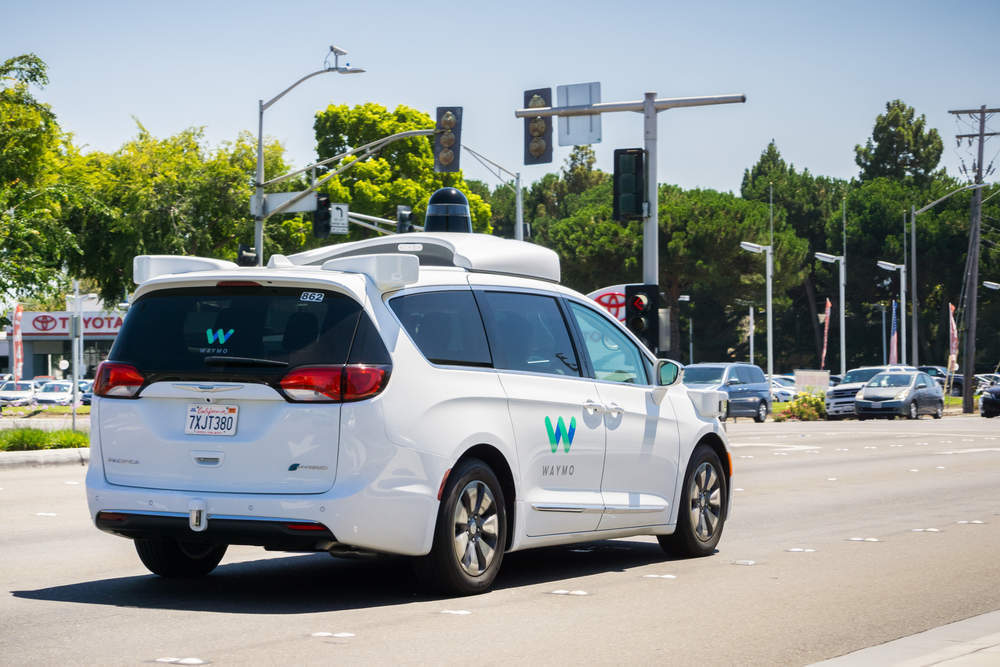
We’re still a few years away from self-driving cars being part of the major traffic on roads.
For starters, there’s the technology. Companies across the world from carmakers like Peugeot, Tesla and GM are creating their own forms of autonomous vehicle technology, as well as tech firms like Apple and Samsung.
Yet, before the technology reaches the point where autonomous vehicles are the mainstream, there’s one major barrier in the way. People.
According to a new poll by Reuters/Ipsos, two-third of Americans are uncomfortable with the idea of self-driving cars.
In contrast, only 27 percent of respondents said they would feel comfortable in a car driven using autonomous technology.
One person surveyed, a Californian resident Phoebe Barron, said:
How well do you really know your competitors?
Access the most comprehensive Company Profiles on the market, powered by GlobalData. Save hours of research. Gain competitive edge.

Thank you!
Your download email will arrive shortly
Not ready to buy yet? Download a free sample
We are confident about the unique quality of our Company Profiles. However, we want you to make the most beneficial decision for your business, so we offer a free sample that you can download by submitting the below form
By GlobalData“I don’t want to be the first guinea pig.”
The issues over self-driving cars were fairly split along age lines, such as more millennials saying they would feel comfortable, compared to baby boomers.Men were generally more comfortable with autonomous vehicles than women.
The challenges facing self-driving cars
In 2016, the consultancy firm McKinsey said the self-driving vehicle market could be worth $1.5tn in 2030.
But several issues need to be straightened out before that can happen. For instance, last November, a Las Vegas autonomous shuttle bus, created by French company Navya, crashed on its first day on the roads.
In addition, the UK government has raised concerns about how autonomous vehicles could be hacked in the future. It released guidance last year to ensure manufacturers and developers of these types of vehicles protect the cars from hacking.
On the flip side, the argument around self-driving cars is that it will make roads safer. Axa, the insurance company, carried out crash tests on autonomous vehicles last year for research. The firm reported that of the 13,176 car accidents recorded in Switzerland in 2016, around 90 percent were caused by the driver.
If you remove the driver from the car, you could potentially remove 90 percent of accidents.
The head of accident research and prevention for Axa Winterthur, Bettina Zahnd, said:
“With improved technology, better sensors and the future development of the systems, I am convinced that automated driving will significantly improve road safety.”



